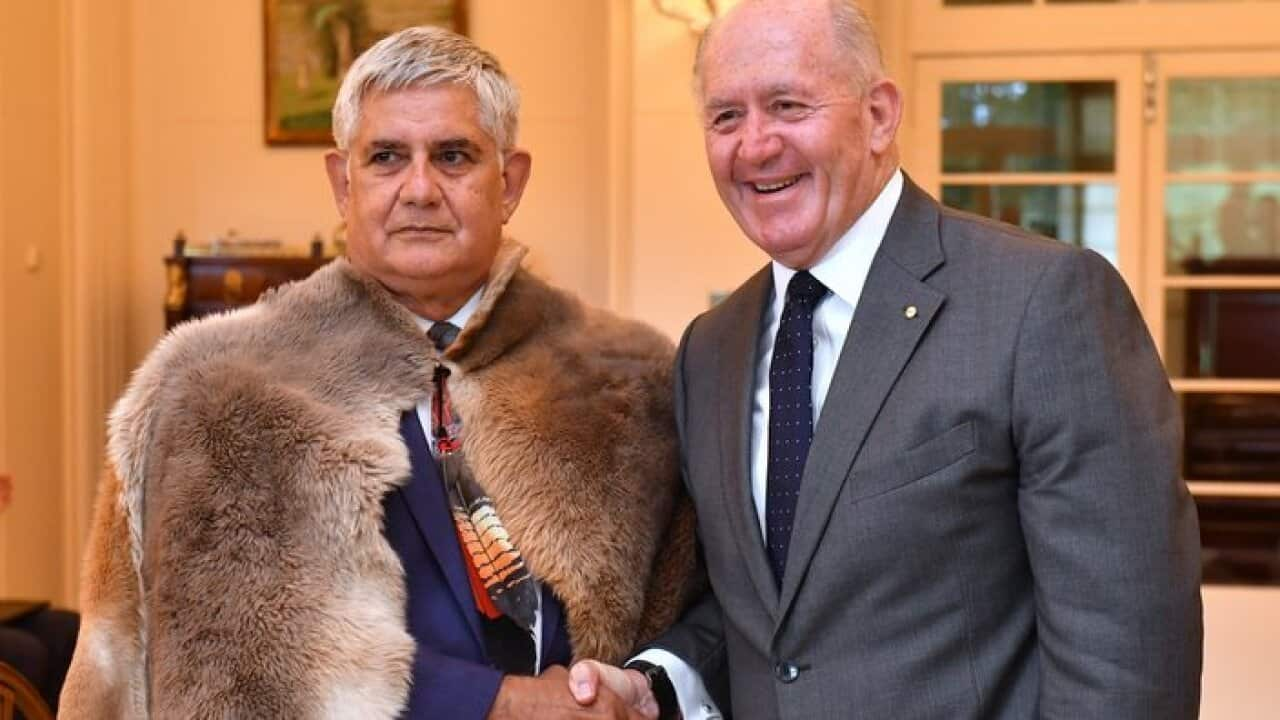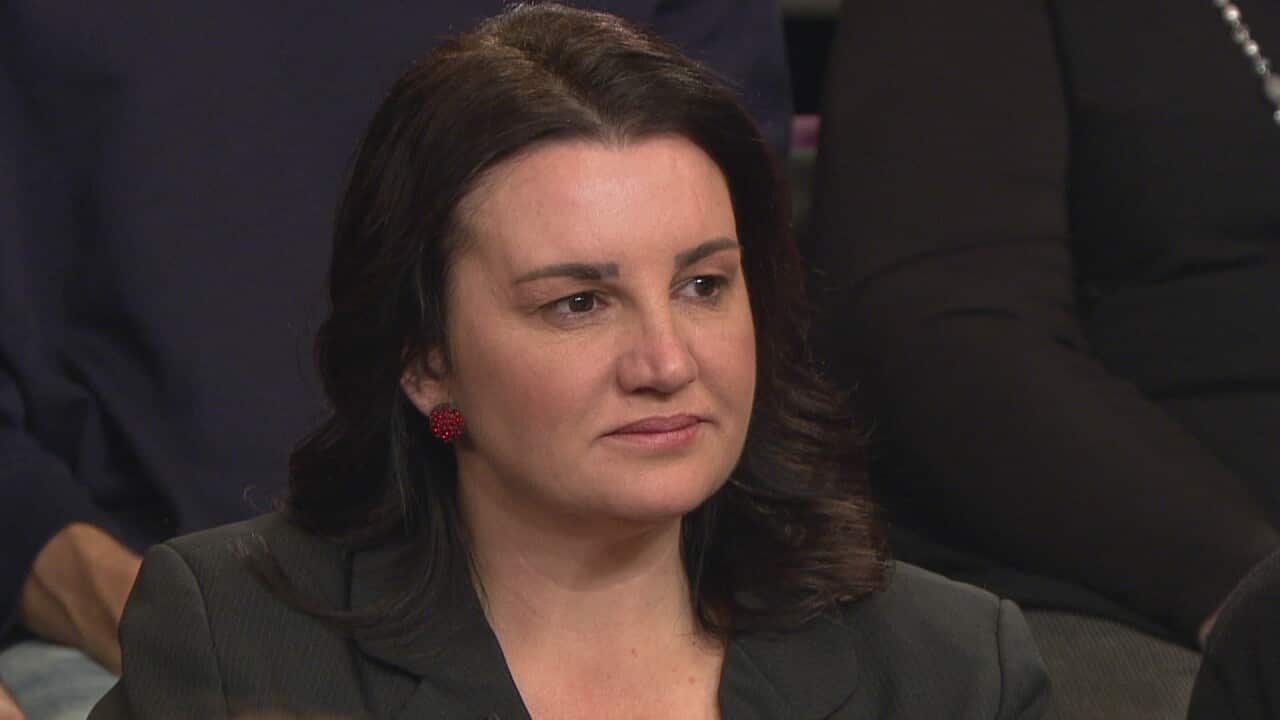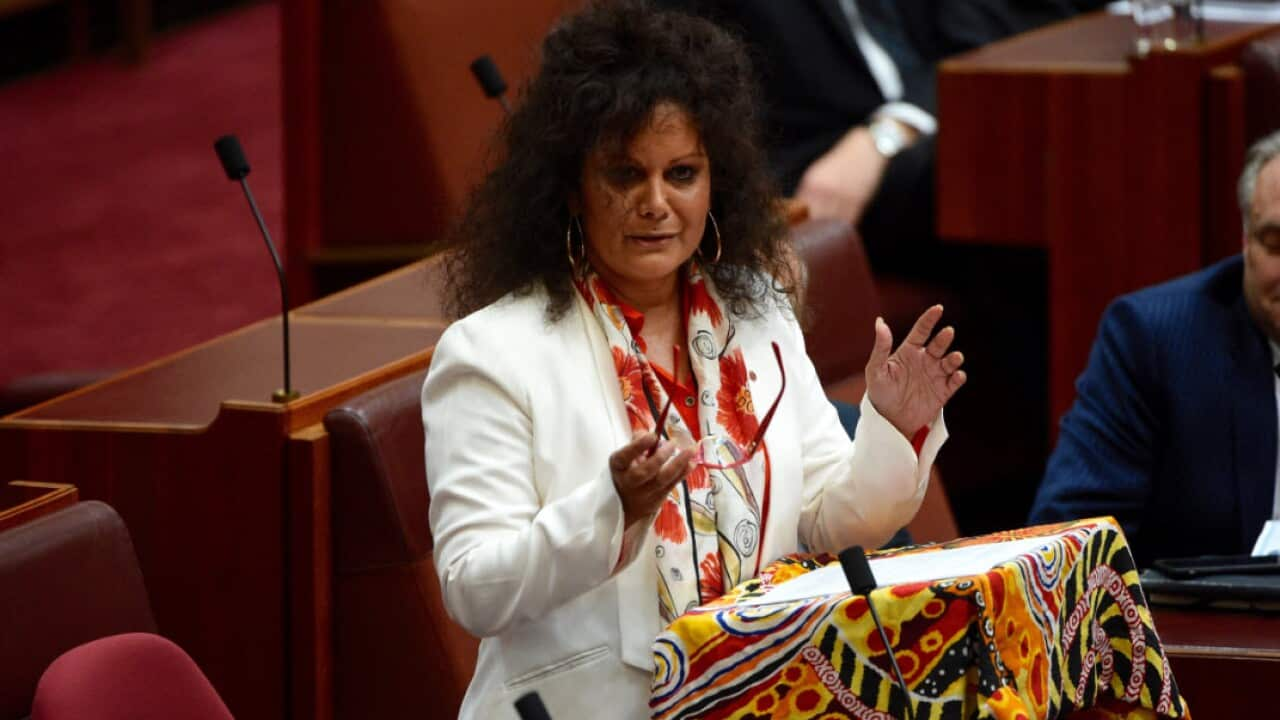At the height of the millennium drought, Ngarrindjeri Elder Major Sumner and a mob of his people set off on a cross-country pilgrimage from the parched mouth of the River Murray.
It was a ceremonial journey to summon the river spirits. It evoked ancient traditions that embraced other Indigenous nations across the river basin.
The group travelled from Southern Queensland along the Darling River, through New South Wales, and ending where River Murray meets the sea in South Australia.
Wherever they danced, storm clouds gathered above the arid landscape, Mr Sumner recalls. After that, some people started calling him the “rainmaker”.
This weekend, Mr Sumner, a world renowned artist and cultural ambassador, will stand as the Greens candidate for the Adelaide Hills electorate of Mayo - one of five electorates contested in the Super Saturday by-elections.
The polls were announced in May following the resignations of five members of parliament.
Four resigned after being disqualified for having dual citizenship when they were elected, and Tim Hammond, the Western Australian Labor MP, stepped down to spend more time with his family.
The five special elections are the first major test of public opinion since the 2016 federal election.

Source: YouGov/Galaxy Source: NITV
'A different way of thinking' in South Australia
Mr Sumner's candidacy is defined by his belief that he must protect the river. His campaign has focused on returning water to the River Murray and protecting the Great Australian Bight from oil companies.
“There’s a lot of people that are just pumping water out of the river - it's greed,” he told NITV News.
“You look at Cubbie Station and big places like that that, they’ve got dams with more water than Sydney Harbour.”
He believes “it’s time” Aboriginal people got more involved in major decisions about the environment.
If he were to win the by-election, he would become the first Aboriginal man to represent South Australia in federal parliament.
“We have to live in two worlds whether we like it or not,” he said.
“I’ll bring something different to the table. I’ll bring something that westernised politics hasn’t seen before. It’ll be a different way of thinking, a different way of speaking, a different concept of how to look after this country.”
Popular crossbencher Rebekha Sharkie resigned during the citizenship crisis and has been campaigning to remain the member for Mayo. Her party was renamed the Centre Alliance after independent Nick Xenophon left parliament.
The Liberal Party nominated Georgina Downer, the daughter of a former foreign minister, despite the fact that she was based in Melbourne. The Labor Party chose Reginald Coutts, a telecommunications expert.
Voter research released last week by the University of Canberra supports the idea Ms Sharkie has a special bond with the community and will likely be difficult to defeat.
The focus group study, conducted by the university’s Institute for Governance and Policy Analysis, showed Ms Sharkie was perceived to be performing well. She was described as a visible, approachable, engaging and caring member of the local community. The dual citizenship issue was not held against her.
In stark contrast to her father Alexander, Ms Downer was perceived to be an outsider. The adjectives "privileged", "entitled", "snobby", "stuck up" were used to describe her. Not a single participant in the focus group argued in support of her.
Mr Sumner was well regarded by those who were primarily concerned with environmental issues. However, they didn’t think he really stood a chance of winning.

Source: YouGov/Galaxy Source: NITV
Entering a closely fought battle in Tasmania
Jarrod Edwards, a proud Pakana man, was a little boy when former Greens leader Bob Brown campaigned to stop a hydroelectric dam from being built across Tasmania’s Franklin River.
Decades later, Mr Brown contacted him personally to ask if would be interested in representing the party in the crucial electorate of Braddon. Mr Edwards thought 'why not?'
“The values of the Greens mirror the values of the Aboriginal community,” Mr Edwards said.
“I thought this was the perfect opportunity for me to have a public platform where I can raise issues that are important to me and the community that I live in.”
The electorate covers nearly a third of Tasmania. It includes large portions of the state’s wilderness world heritage areas and the Tarkine, Australia’s largest cool temperate rainforest.
Aboriginal and Torrest Strait Islander people make up 6.1 per cent of the population, according to the Australian Bureau of Statistics. It is also one of the poorest electorates in the country.
Braddon has a history of flipping back and forth between the two major parties. It's thought the Labor Party’s Justine Keay, who won the seat by a 2.2 per cent margin, could lose.
If the coalition claims Braddon, it would be the first time a government wins a seat from the opposition at a by-election in 98 years. Mr Edwards told NITV News the area, which formerly relied on mining and forestry, has been stuck in a “time warp”.
Mr Edwards told NITV News the area, which formerly relied on mining and forestry, has been stuck in a “time warp”.

Jarrod Edwards, the Greens candidate for Braddon in the Super Saturday by-election. Source: Greens
“Over the last 20 years those industries have either disappeared or totally collapsed,” he said.
“The unemployment rate went higher and higher and we lost our greatest asset which was our young people. They had no choice. They had to leave.”
Mr Edwards has a long history of environmental activism and natural resource management. He was born in Burnie, lives in the rural town of Wynyard with his partner and son, and hopes to promote a future for the area based on ecologically friendly tourism.
“I don’t see myself as one of those people that are going to chain myself to a bulldozer or hug a tree because I believe in the sustainable use of our natural resources,” he said.
He concedes it may be difficult to swing votes away from the major parties, but hopes to build the Greens' supporter base for the next state election.
“I will always be an activist,” he said, “but I would dearly love the opportunity to represent my people, the Pakana, as a voice in parliament but also the broader community.”

Lidia Thorpe ascends the steps of Victorian Parliament in a hand-sewn possum-skin cloak. (AAP) Source: AAP
A growing Indigenous representation
Since became the first Indigenous man to sit in parliament for the Liberals in 1971, Aboriginal politicians have taken on increasing prominence in national public life.
Notable figures include Aden Ridgeway from the Australian Democrats, Nova Peris from the Labor Party, Joanna Lindgren from the Liberal National Party and former Labor Party national president Warren Mundine.
Conservative politician Ken Wyatt, who became the first Indigenous minister last year, is one of five Indigenous Australians elected to parliament in 2016, along with Labor politicians , , and independent crossbencher Jacqui Lambie.
Lidia Thorpe, , thinks there is a “huge difference” between Indigenous members of the Greens compared with those in the two major parties.
“Whilst there are good-meaning people in either of those parties, they do have to toe the party line,” she said.
She doesn't think the higher number of Indigenous candidates in her party is a case of tokenism - pointing to the rigorous pre-selection process.
"I think its something our people are winning on their own merit,” she said.
Ms Thorpe's election win in the state seat of Northcote, after a 13 per cent swing, also signals a broader trend of Greens taking an increasing share of inner-city votes from Labor.
It’s a trend that the party will be hoping continues in the seat of Fremantle in Western Australia – which the Liberal Party are not contesting.
Greens leader Richard Di Natale flew into WA this week in an attempt to shore up last-minute support.

Source: YouGov/Galaxy Source: NITV
Gaining a foothold in Western Australia
In the absence of Liberal candidate, the Greens candidate Dorinda Cox appears likely to increase her support base in the seat of Fremantle in Western Australia.
“We door knocked over 26,000 houses,” she said. “I think that this is an opportunity to talk to some of those Liberal voters and give them a genuine alternative.”
An anti-violence campaigner and former police officer, Ms Cox supports issues including Aboriginal sovereignty, a Treaty with Indigenous people and changing the date of Australia Day.
She said the Greens party made more political sense to her as a Noongar woman.
“When I think about protecting the environment and think about protecting country and protecting our precious places, lots of the Greens values align with our values as Aboriginal people,” she said.
“It’s almost as though it’s a better fit for us.” Ms Cox said that many mining companies were among the major corporate donors funding the two major parties.
Ms Cox said that many mining companies were among the major corporate donors funding the two major parties.

Dorinda Cox, the Greens candidate for Fremantle in Western Australia. Source: Greens
“The debate that’s happening in parliament at the moment with tax cuts for big business is essentially about what’s happening in our backyard,” she said.
“Essentially, it’s taking away money from our essential services that I think are absolutely vital for our Aboriginal communities.”
The by-elections are shaping as a leadership crucial test for the two major parties ahead of an upcoming nationwide election.
A poor performance by the government will raise new questions about the leadership of Prime Minister Malcolm Turnbull.
Opposition Leader Bill Shorten will also come under fire if the Labor Party loses seats. No government has won a seat from the opposition at a by-election in almost 100 years.
However, support for minor parties and independents surged in 2016, which commentators say reflects disillusionment with mainstream parties and a deterioration of traditional party loyalty. If the trend continues, the Greens are likely to benefit.
“We believe that no one should consider their seat safe,” Ms Cox said.
“The Greens aren’t going away anytime soon.”
















